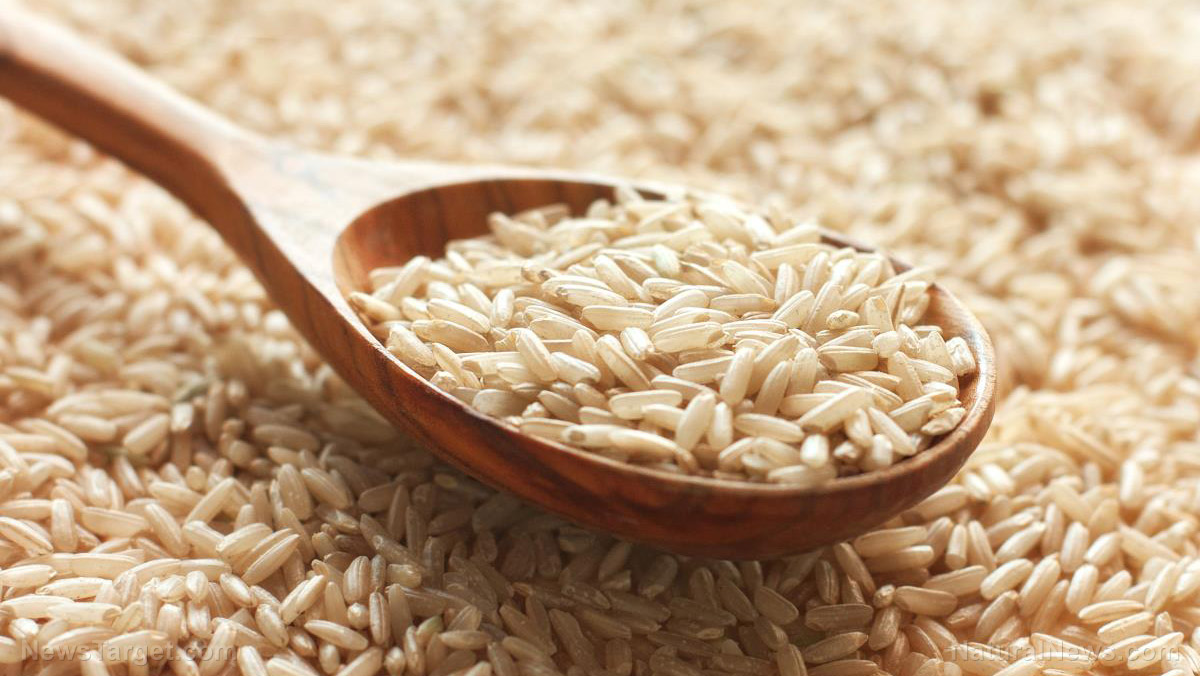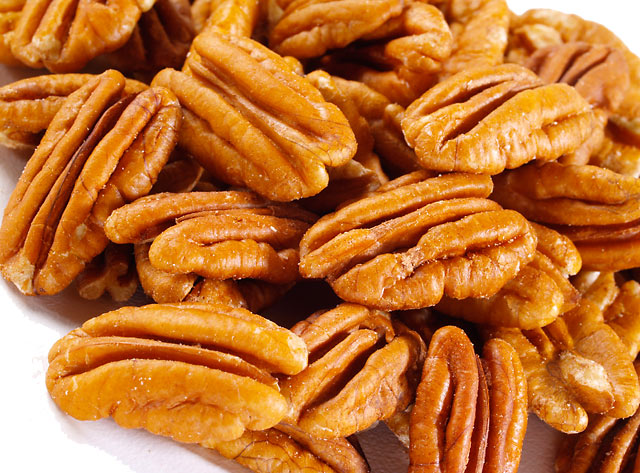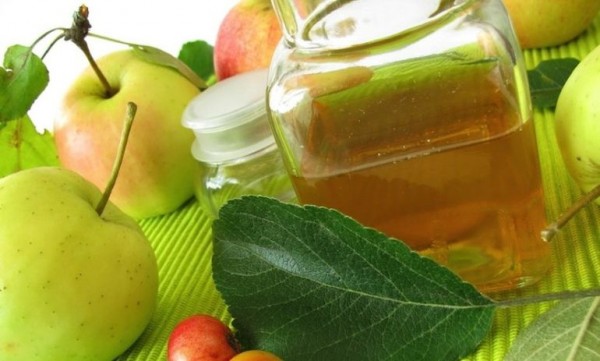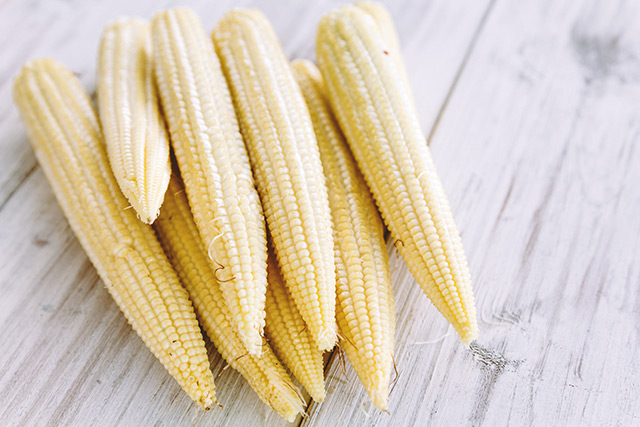Farmers continue to search for alternatives to herbicides to control weeds due to the increase of herbicide-resistant weeds in most grain and vegetable crops. Fortunately, edamame farmers have found a way to reduce the use of herbicides by using rye as a cover crop, according to a study published in the journal Weed Science.
The study, conducted by researchers from University of Illinois, revealed that early-killed cereal rye can be helpful to edamame farmers. The researchers aimed to look for a cover crop management system that offered weed suppression without harming the edamame. Edamame, a variety of soybean, is hard to grow and is more sensitive to soil conditions during emergence compared to the grain-type of soybean. The large seeds of edamame, harvested at an immature age, make them good for consumption. However, the crop can suffer from low seedling emergence in the field.
They carried out a field experiment examining 11 edamame cultivars and multiple fall-seeded cover crops, such as oilseed radish, winter canola, and cereal rye, for three years. Due to winter temperatures, the radish died. The researchers applied early or late burndown herbicides treatments to kill canola and rye at different growth stages. They were also looking for the emergence of edamame and suppression of weed.
The experiments showed that only the early-killed rye provided the right combination of conditions to suppress weeds and enable edamame to surface easily. Although others allowed edamame emergence, they did not control weeds, while some suppressed both weeds and edamame. (Related: Cover crops found to reduce weed infestations, need for tillage while returning nutrients to the soil.)
The researchers explained that early-killed rye caused a relatively thin layer of cover crop residue. Thicker layers of cover crop residue will cause problems with crop emergence, while no cover crop residue does not provide any weed control benefit.
“Clearly, this work doesn’t mean we can grow edamame without other weed management tools. Cover crops are just one of many little hammers. By reducing weed density and weed growth, we know we’re headed the right direction,” said Marty Williams, an ecologist with the Department of Crop Sciences at the University of Illinois and the USDA Agricultural Research Service.
More on edamame
Edamame is a young soybean that is usually in a pod. The beans of the edamame are young and green when they are picked, so they have a soft texture and are edible. This is in contrast to the mature soybeans that are hard and dry and are used to make soy milk and tofu. Edamame is a great source of protein, iron, and calcium. It is naturally gluten-free and low in calories as well. Edamame can be consumed alone as a snack, or in soups and other dishes. Edamame contains other nutrients such as vitamin E, thiamine, riboflavin, niacin, vitamin B6, pantothenic acid, choline, magnesium, phosphorus, potassium, zinc, copper, and manganese.
Consumption of soy has been linked to lower risk of various health conditions and health improvements. Studies have shown that people who consumed greater amounts of soy had lower risk of experiencing age-related mental disorders. Moreover, eating soy as an alternative to animal protein resulted in lower levels of LDL cholesterol, reducing the risk of cardiovascular disease like atherosclerosis and high-blood pressure. Because of the folate content of edamame, it prevents an excess of homocysteine from forming in the body. High levels of homocysteine in the body can suppress blood and other nutrients from reaching the brain. They can also interfere with the production of the feel-good hormones that also regulate mood, sleep, and appetite. Thus, edamame consumption may help relieve depression. Eating more plant foods like edamame may also reduce the risk of diabetes, obesity, and overall mortality.
Read more news stories and studies on farming by visiting Harvest.news.
Sources include:
ScienceDaily.com
TheSpruce.com
MedicalNewsToday.com



















